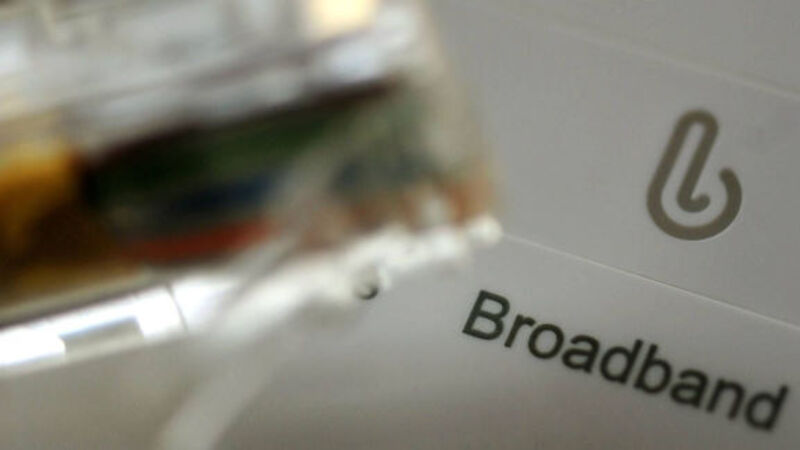A failure that engenders more failure - Poor broadband performance

In that parable, a village boy lied so often about an imminent wolf attack that when his warnings were justified his disbelieving neighbours ignored them and were therefore far more vulnerable to the wolves than they need have been.
We probably don’t need to prepare to repel a pack of wolves — unless you regard Brexit as a carnivore — but there are so many shortcomings around services that we have become like the disbelieving villagers — we’re worn weary by warnings and complaints. We recoil from the negativity, the confidence-sapping discourse around repeated, avoidable failure. Any discussion on any number of subjects provokes what might be called the Trump Reaction — look away and pretend it’s not there and hope it will go away. Understandable, but probably delusional.
















